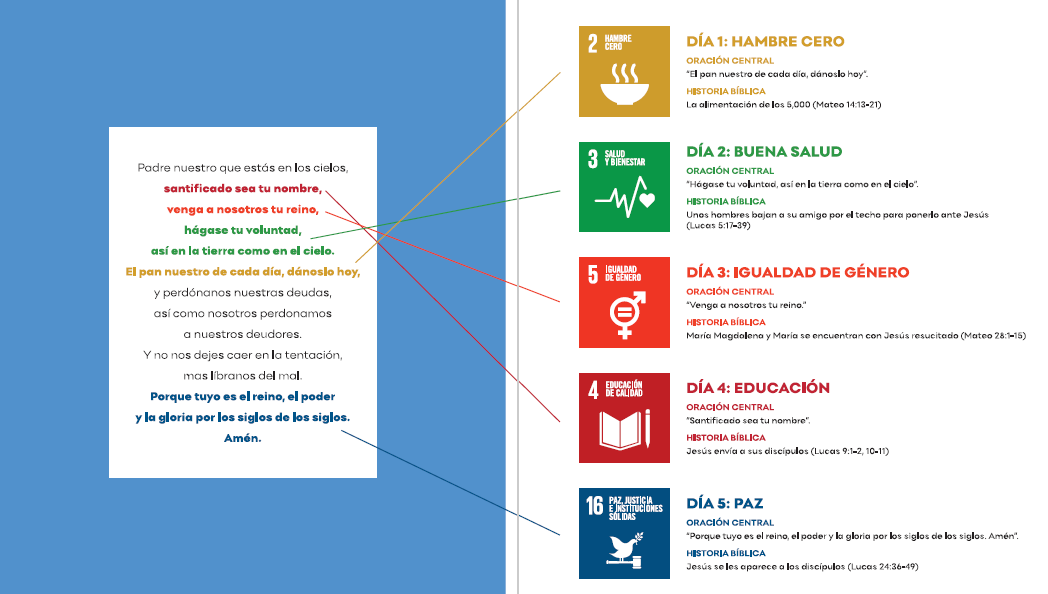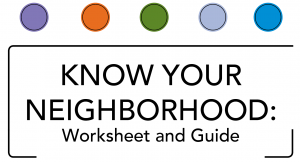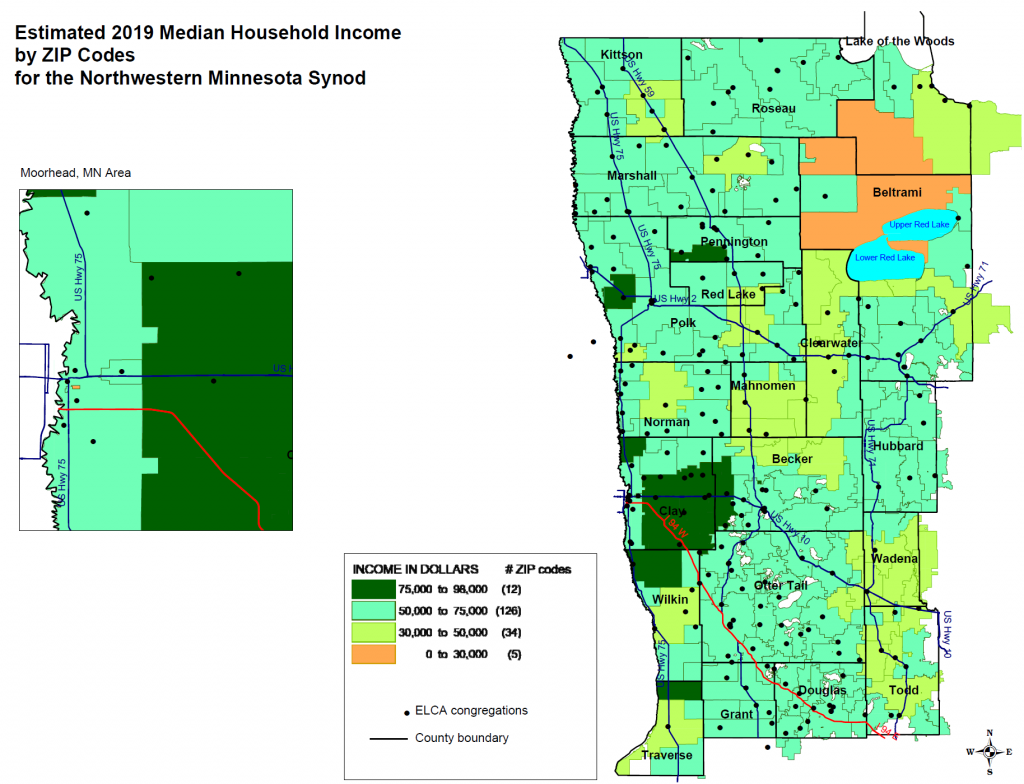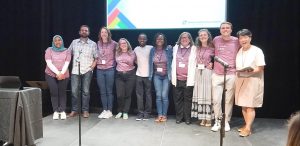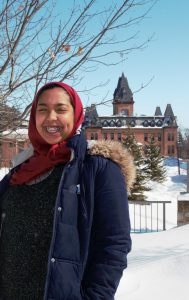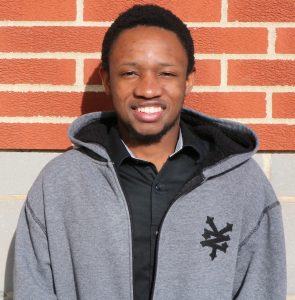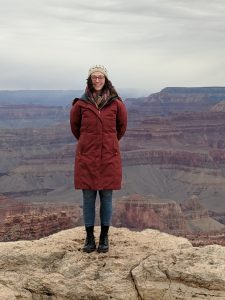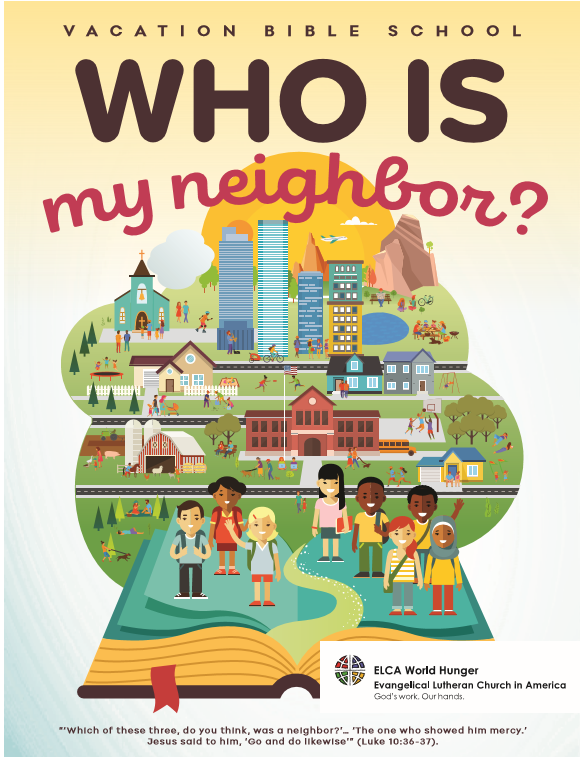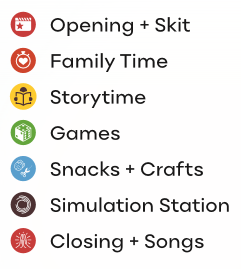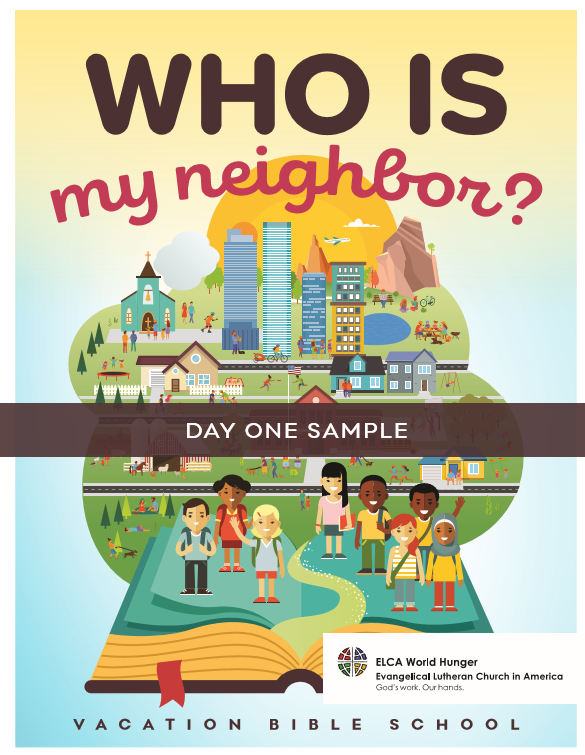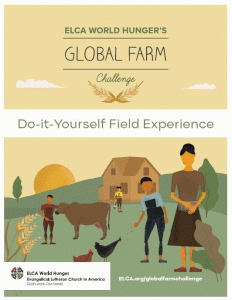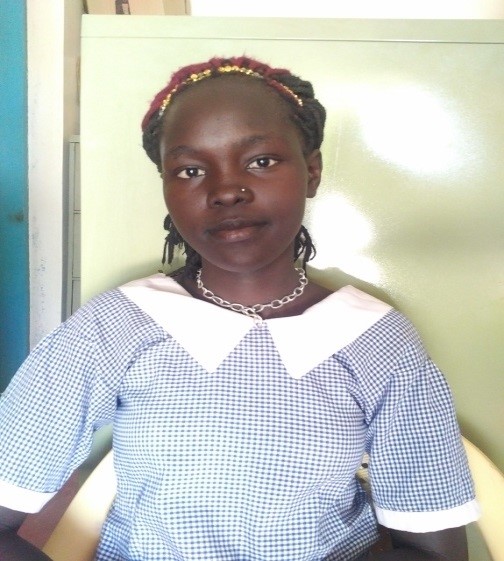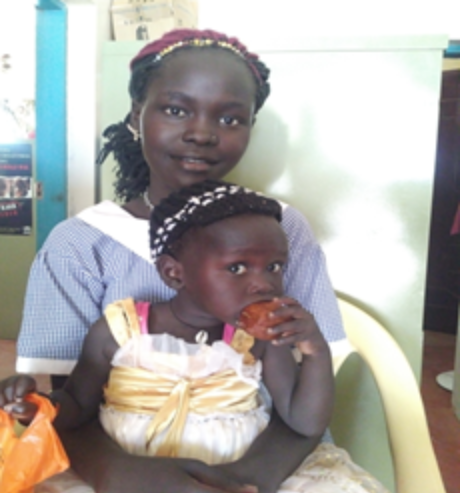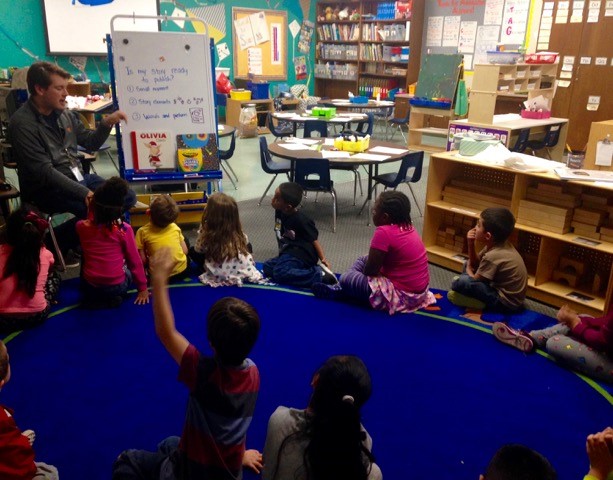¡Ya está aquí el nuevo programa de Escuela Bíblica de Vacaciones para el 2020 de Hambre Mundial de la ELCA! “En la Tierra como en el Cielo” invita a los niños de todas las edades a aprender sobre el mundo de Dios estudiando a profundidad el Padrenuestro. Este programa completo de EBV de cinco días es gratis, y está disponible en inglés y en español. Descargue la traducción en español de “En la Tierra como en el Cielo” aquí: https://bit.ly/2wvfx4I. La traducción en inglés se puede descargar.
“En la Tierra como en el Cielo” analiza el significado del Padrenuestro para nuestro mundo de hoy, utilizando cada día una petición para estudiar la fe, la justicia y la obra a la cual Dios nos está llamando. Este año el programa tiene la particularidad de que cada día se concentra en una petición de la oración, y enlaza dicha petición con uno de los Objetivos de Desarrollo Sostenible de la Organización de las Naciones Unidas en formas muy accesibles.
EBV “En la Tierra como en el Cielo”
En el Catecismo Mayor, Martín Lutero nos recuerda que la oración es algo “grande y precioso”. Orar es dar voz a nuestras necesidades y a nuestra confianza en Dios, que es quien las satisface.
Pero orar también es mucho más que eso. En la acción de gracias, la oración les da voz a las cosas que nos unen. En el lamento, la oración les da voz a las cosas que nos separan. Se cree que el teólogo Karl Barth fue quien dijo que “entrelazar las manos en oración es el inicio de un levantamiento contra el desorden del mundo”. Orar es exponer el dolor del mundo y confiar en que Dios lo va a transformar —y nos dé fuerza para ser parte de esa transformación.
“En la Tierra como en el Cielo” invita a niños y adultos a (re)experimentar el Padrenuestro y a ver las conexiones que hay entre la oración y el servicio en el mundo. Cuando la iglesia ora y juega junta, también servimos y caminamos juntos hacia un mundo justo, en el que todos reciben sus alimentos. Las historias de cada día exaltan a las iglesias y comunidades de todas partes del mundo que en oración y con poder están haciendo su parte en esta obra, y a la vez celebran la diversidad que Dios le ha obsequiado al mundo.
Temas diarios
Cada día incluye:
- Un tiempo de inicio para introducir la petición de la oración y el tema del día, incluyendo un sketch;
- El tiempo de los grupos pequeños;
- Historias de proyectos de todas partes del mundo que son respaldados por los donativos que recibe Hambre Mundial de la ELCA;
- Refrigerios y manualidades de los países y regiones que son presentados en las historias;
- Juegos para diferentes grupos de edades;
- Estaciones de simulación que ayudan a los niños a estudiar con mayor profundidad los temas del día; y
- Sugerencias para la conclusión del tiempo del grupo grande
Este año, también nos complace incluir un apéndice de impresos para llevar a casa, a fin de que los padres y cuidadores puedan continuar la conversación con los niños al final de cada día.
Más recursos
Kit de herramientas de la EBV
Podrá encontrar un cartapacio que contiene todas las figuras, imágenes y gráficos de “En la Tierra como en el Cielo” aquí. Puede usar estos archivos para imprimir afiches o letreros, hacer sus propias camisetas playeras o decorar su espacio.
Grupo de Facebook de la EBV de Hambre Mundial de la ELCA
Si busca consejos prácticos para comenzar, únase al grupo de Facebook de la EBV de Hambre Mundial de la ELCA aquí. Este grupo de Facebook dirigido por la comunidad incluye líderes de congregaciones de toda la ELCA, quienes comparten consejos prácticos, nuevas ideas y recursos extra*.
Para más información sobre “En la Tierra como en el Cielo” y otros recursos de Hambre Mundial de la ELCA, escríbale a Ryan Cumming, director del programa de educación sobre el hambre de Hambre Mundial de la ELCA, a Ryan.Cumming@ELCA.org.
*Este grupo de Facebook es dirigido por la comunidad, y no es moderado ni administrado por la ELCA ni por Hambre Mundial de la ELCA.


